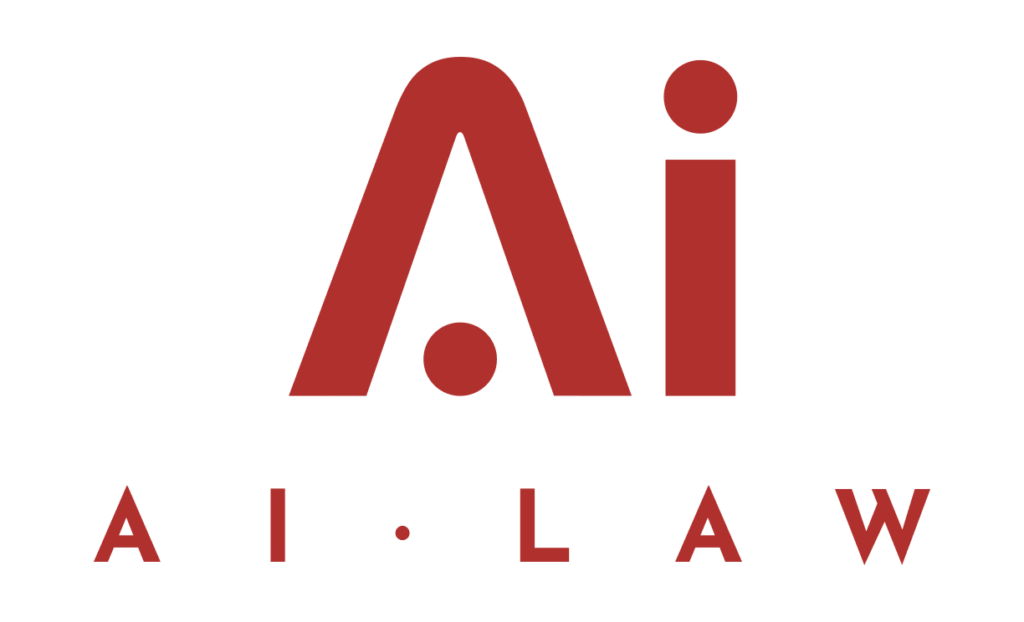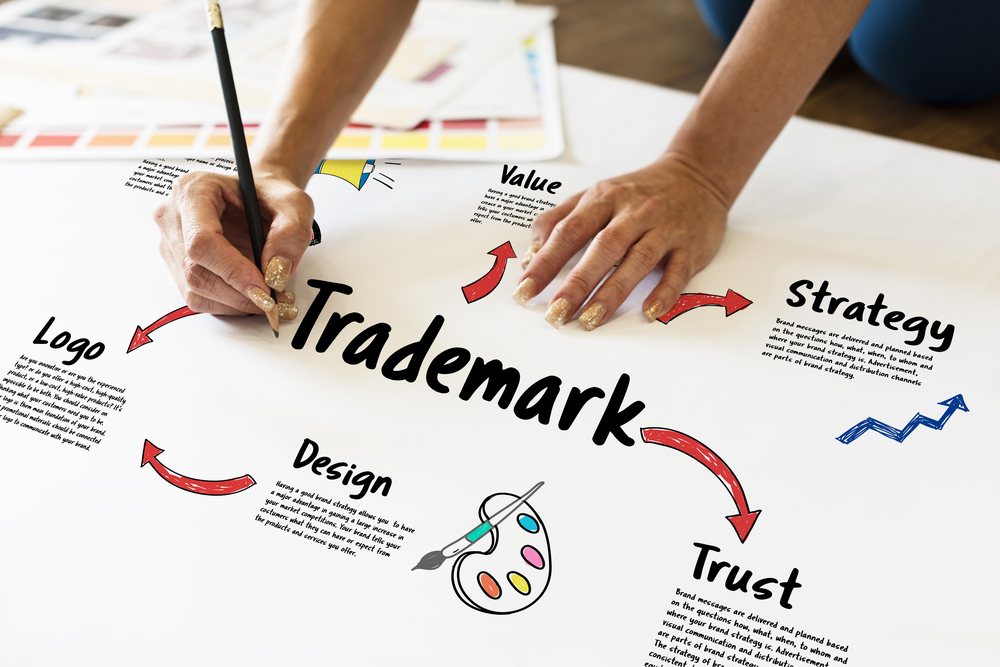At the heart of a businesses brand lies their mark – the thing that makes it distinct and recognisable. It is intended to signify quality and trust that builds brand loyalty. It can become synonymous with a particular product or service. We can all instantly bring to mind the logos for Apple computers or the Nike “Swoosh” or Coca Cola. Even the colours they use become recognisable, such as the red and yellow for Mcdonalds. A business can have as many marks as it needs. Nike has the “swoosh” logo and also the tag line “Just Do It”.
The mark goes beyond a mere tool for marketing; it conveys a businesses identity and what they represent.
Building a mark and protecting it are two key considerations for any business seeking to build a brand. Should a third party attempt to use your mark without permission for their commercial gain, this would result in a loss to the business by way of sales and has potential to damage reputation as the third party may not have the same quality.
For a trademark to be protected it must have a certain level of distinctiveness. I.e. it cannot be too general. Nobody can protect marks that are general or in every day use. The mark must be capable of distinguishing your business from somebody elses.
Recently, a client instructed us to register a two-word tagline describing their business offering. While commercially clever and widely used in their marketing, the UK Intellectual Property Office (UKIPO) rejected the application on the basis that the mark was merely descriptive and lacked the distinctiveness required under the Trade Marks Act 1994.
What Does the Law Say About Distinctiveness
Under Section 3 of the Trade Marks Act 1994, a trademark must not consist exclusively of signs or indications which:
- Have no distinctive character; or
- Describe the goods or services (e.g. “Fresh Milk” for a dairy company).
The idea is to prevent businesses from monopolising common language that others may legitimately need to describe their own products or services.
What Makes a Trademark Distinctive?
A distinctive trademark is recognisable, unique, and not directly descriptive of the product or service it covers. Some examples of distinctive trademarks include:
- Made-up words: Kodak, Google
- Unique stylisations: easyJet, Innocent
- Unexpected combinations or misspellings: Lyft, Tumblr, Flickr
How Can You Make a Descriptive Name Registrable?
If your mark is deemed to lack distinctiveness, there are ways to make it unique. For example:
1. Alter the Spelling
Changing the spelling can make an otherwise generic phrase unique. For example:
- “FreshKutz” instead of “Fresh Cuts”
- “KoffeeTime” instead of “Coffee Time”
2. Using Numbers or Letters
Adding numbers, initials, or a stylised twist can elevate the distinctiveness:
- “Deals247”
- “Bags4U”
- “CleanEZ”
3. Invent a New Word
Create a unique word that suggests the meaning without directly describing it, or have a mish-mash of two existing generic words.
4. Add a Logo or Stylised Element
You can register either a word mark or a figurative mark. If your mark is too generic as a word mark alone, it is still possible to style those words in a logo to give it distinctiveness. For example Apple is not a distinctive word on its own, but we all recognise the logo of an Apple with a bite out of it (of course Apple over long use has now acquired distinctiveness so we all recognise the word “Apple” as being synonymous with Apple Computers.
For the majority of businesses, acquiring distinctiveness over long-use is not going to be applicable, but it is possible to happen.
An Example of Creating Distinctiveness
Phones4u was a large mobile phone retailer that became very popular in the UK in the late 90s and 2000s. The phrase “Phones for you” is a general phrase that is descriptive, but by altering the spelling and inserting numbers instead of words “Phones4U” became distinctive, catchy, and registrable, and it became one of the most recognised brands in the UK of that time.
Are you Building a Brand or Looking to Protect your Existing Trademarks
At Ai Law, we can advise you on your trademarks. We work closely with your business to:
- Assess registrability of your brand elements;
- Provide strategic advice on how to enhance distinctiveness;
- Guide you through objections, refusals, or office actions;
- And help you build a brand portfolio that grows with your business.
Need Help Registering a Trademark? Contact Us Here.
If you’ve received a rejection, looking to build your brand out or are unsure whether you should be registering your brand name, contact us today and we can help you to navigate the legal requirements and advise you on building and protecting your business and brand.

